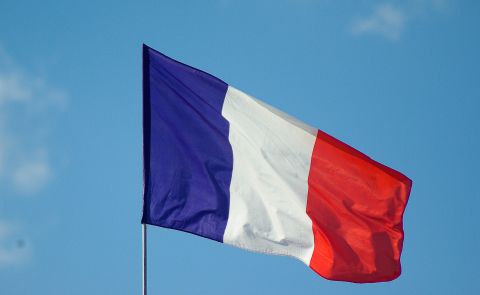
Nagorno-Karabakh: first trilateral expert meeting held; Armenia not sending soldiers to military service in the region

On 8 February, the press service of Armenia’s Ministry of Territorial Administration and Infrastructure reported that the first meeting of the expert subgroup of the trilateral (Russia, Armenia and Azerbaijan) working group on rail, road and combined transport took place on 6 February.
The meeting was attended by officials representing the relevant industries, who are members of the specialised commissions of the three countries. A set of issues related to the state of the existing railway network in the region and the possibilities of road communications necessary for the organisation of transit traffic was discussed. The press serviced stated that the parties exchanged preliminary views on the above issues.
It was also reported that Armenia’s Prime Minister Nikol Pashinyan visited Nagorno-Karabakh where he met with the region’s de facto President Arayik Harutunyan. Pashinyan’s spokesperson Mane Gevorgyan stated that a consultation on the implementation of major infrastructure projects to be carried out in Karabakh was held. They also spoke about forthcoming programs and their financial allocations and future courses of action were outlined during the meeting.
The Armenian affiliation of the Russian “Sputnik” news agency reported that military conscripts from Armenia were no longer sent from Armenia to Karabakh. It was stressed in the report that the winter conscription started in early February, and that conscripts from Armenia would serve only in military units deployed within the republic. The agency also found out that during the traditional drawing of lots, the military units of Karabakh were not listed among the options.
Earlier in the press and social networks there were reports about the disbandment of the de facto Nagorno-Karabakh Defence Army. The de facto Secretary of the Security Council of Karabakh Vitaly Balasanyan later said that the authorities were busy with the issue of creating professional military units on a contract basis. The de facto President of Karabakh Arayik Harutyunyan made a statement denying rumours about the disbandment of the de facto defence army.
In an interview with news.am, Karabakh’s de facto Foreign Minister Arsen Babayan spoke on the current foreign policy issues the region was facing. “First of all, foreign policy must be very flexible. Moreover, in fact, diplomats should not only be people directly involved in foreign policy, but also many government agencies; this is the imperative of the time. All steps should be considered a few steps ahead, PR, emotions and toasts should be minimised,” he stated. Babayan also commented on the spread of information on social media about the dissolution of the de facto Karabakh foreign ministry, saying that such reports do not correspond to reality. The de facto foreign minister also commented on the problems Armenian citizens have been experiencing while trying to entre Karabakh. “A new monitoring system is being introduced to prevent terrorists from entering the republic. We are improving the system of issuing visas, and there are indeed technical problems. We apologise for the inconvenience. All the issues will be completely resolved in a few days,” he said.
Russia’s Ambassador to Armenia Sergey Kopyrkin spoke on the issue of the return of Armenian prisoners of war, saying that Russia’s President Vladimir Putin, Foreign Minister Sergey Lavrov and Defence Minister Sergey Shoigu were all personally involved in the issue. “This issue may not be resolved as soon as expected, but believe me, the maximum is being done. I am sure it will definitely be resolved,” he said.
Kopyrkin also referred to his recent meetings with the ex-presidents of Armenia Levon Ter-Petrosyan and Sezh Sargsyan that were held on 25 January and 4 February respectively. He said they discussed a wide range of issues, including the situation that has developed after the last year war. “We talked about the peacekeeping mission of Russia, discussed issues of humanitarian support. I was also interested to hear the assessments of Armenia's policy. The core of our discussions was the Armenian-Russian friendship,” he said.
The US Acting Assistant Secretary of State for European and Eurasian Affairs Philip Reeker held separate phone calls with Armenia’s and Azerbaijan’s Foreign Ministers Ara Ayvazyan and Jeyhun Bayramov. During the call with Ayvazyan, the parties exchanged views on issues of bilateral agenda, emphasising the role of the Armenia-US Strategic Dialogue in advancing and deepening the cooperation agenda. The interlocutors also discussed in detail issues of regional security and stability. In the context of the steps being undertaken to address consequences of the second Karabakh war, Aivazyan drew his interlocutor's attention to the inadmissibility of Azerbaijan’s efforts to create impediments in addressing humanitarian issues, in particular the repatriation of prisoners of war and captured citizens of Armenia. The sides stressed the need to address the core issues of the Nagorno-Karabakh peace process within the framework of the OSCE Minsk Group co-chairmanship, in accordance with the 3 December statement of the high representatives of the co-chair countries. Ayvazyan emphasised the importance of multiplying the efforts in fighting against xenophobia to ensure lasting peace and security in the region, including through excluding the recurrence of massive human rights violations.
During the call with Bayramov, the 11 January meeting of the Azerbaijani, Armenian and Russian leaders held in Moscow was discussed, and also other issues of mutual interest.
See Also

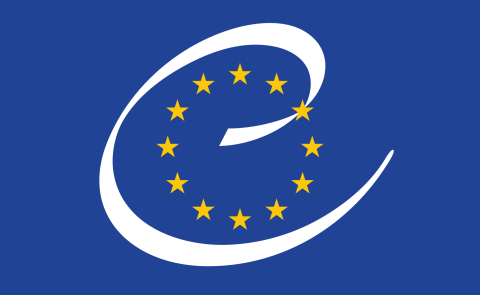
Armenia Strengthens Ties with Council of Europe
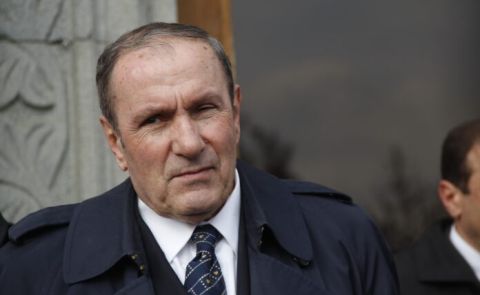
Former Armenian President Labels Pashinyan a Traitor and Blasphemer
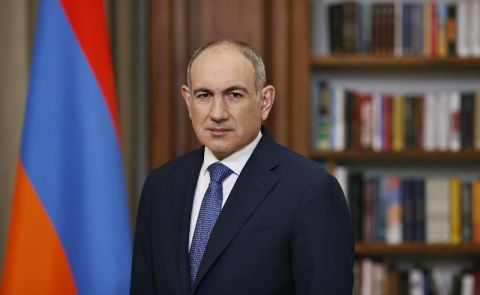
Pashinyan Addresses Key Issues on Church, National Future, and Fund Allegations
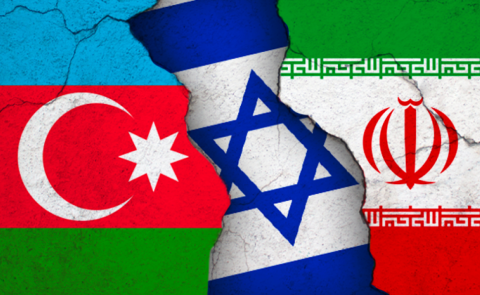
Azerbaijan Calls for 'Dialogue and Diplomatic Resolution' Between Israel and Iran
